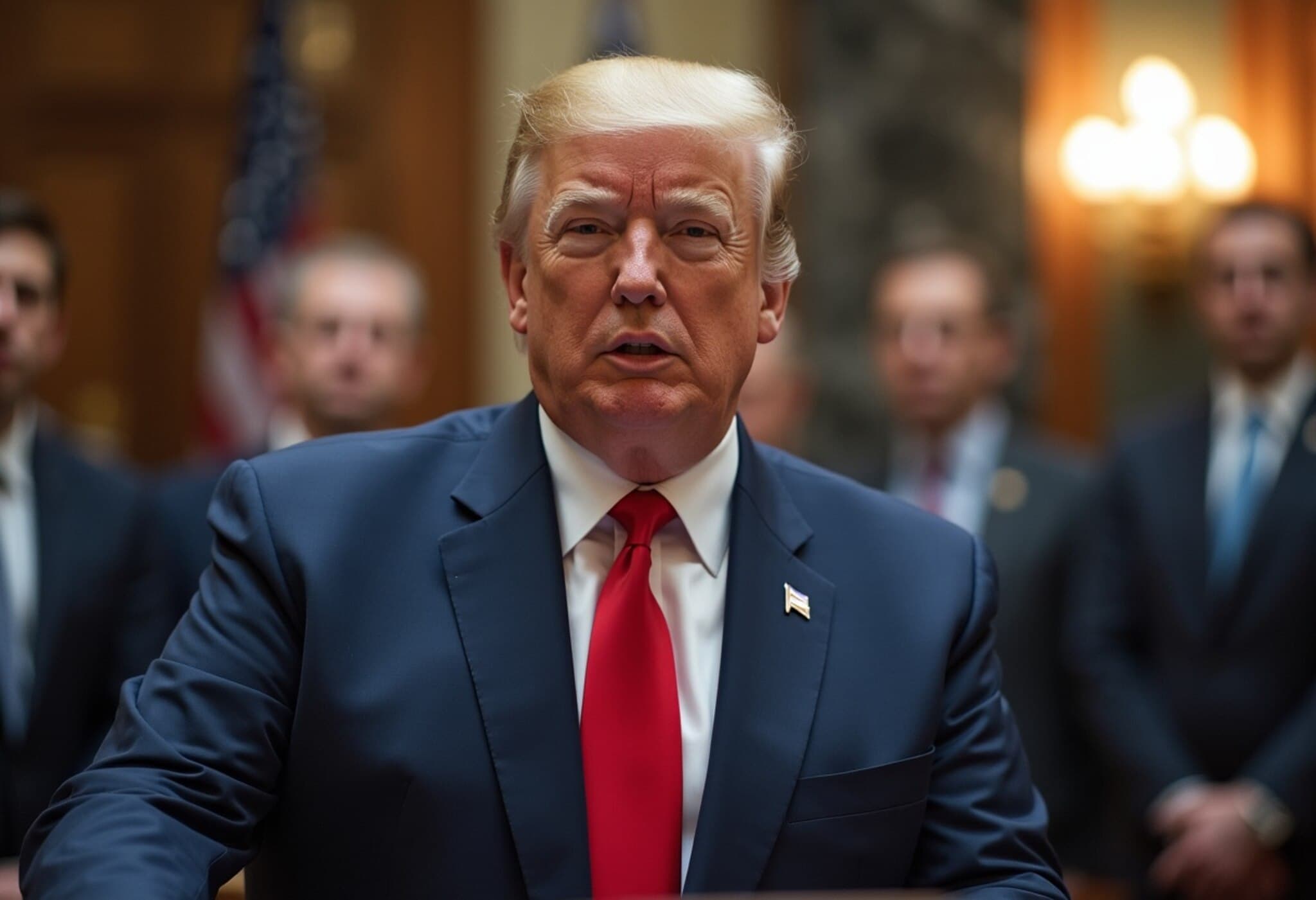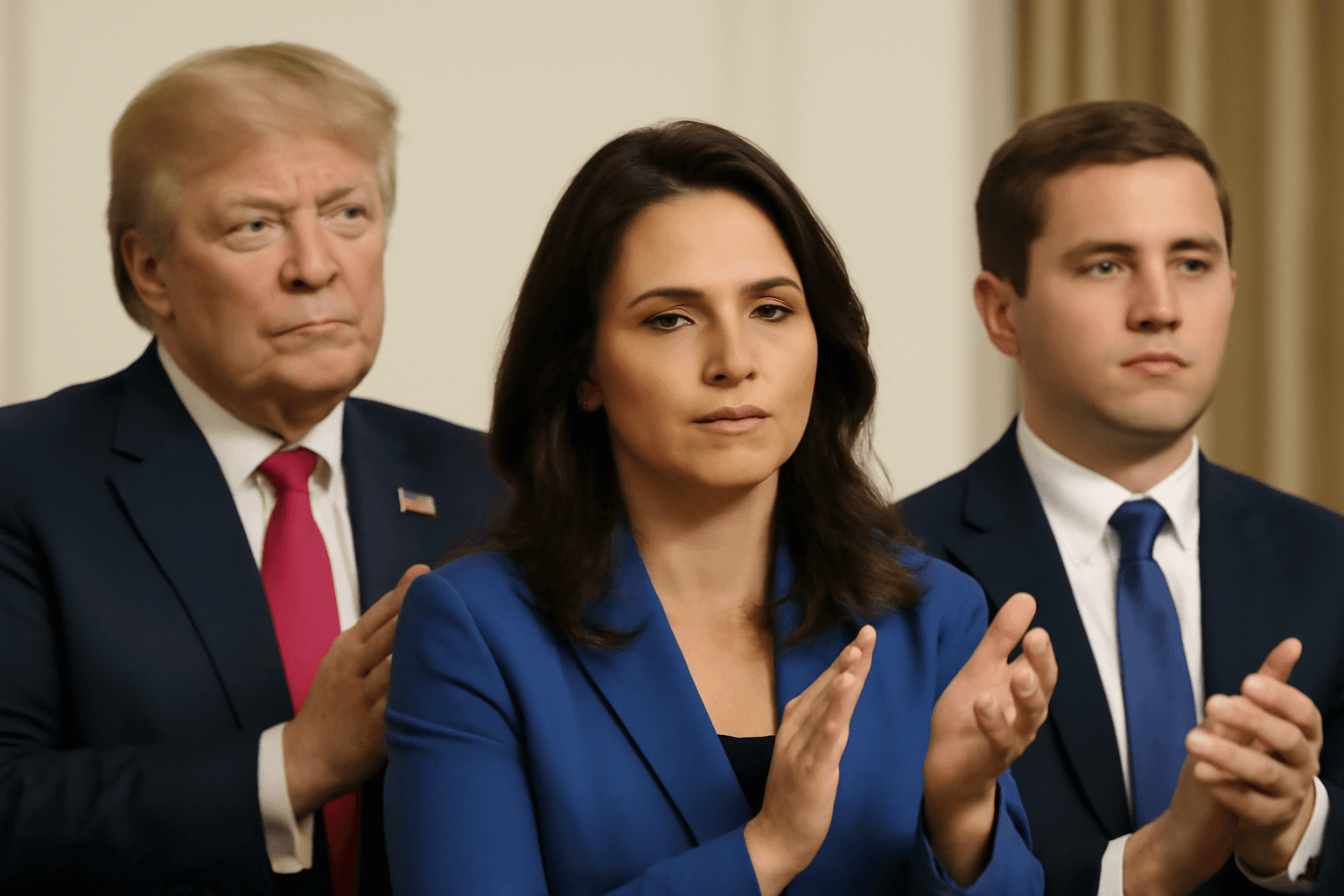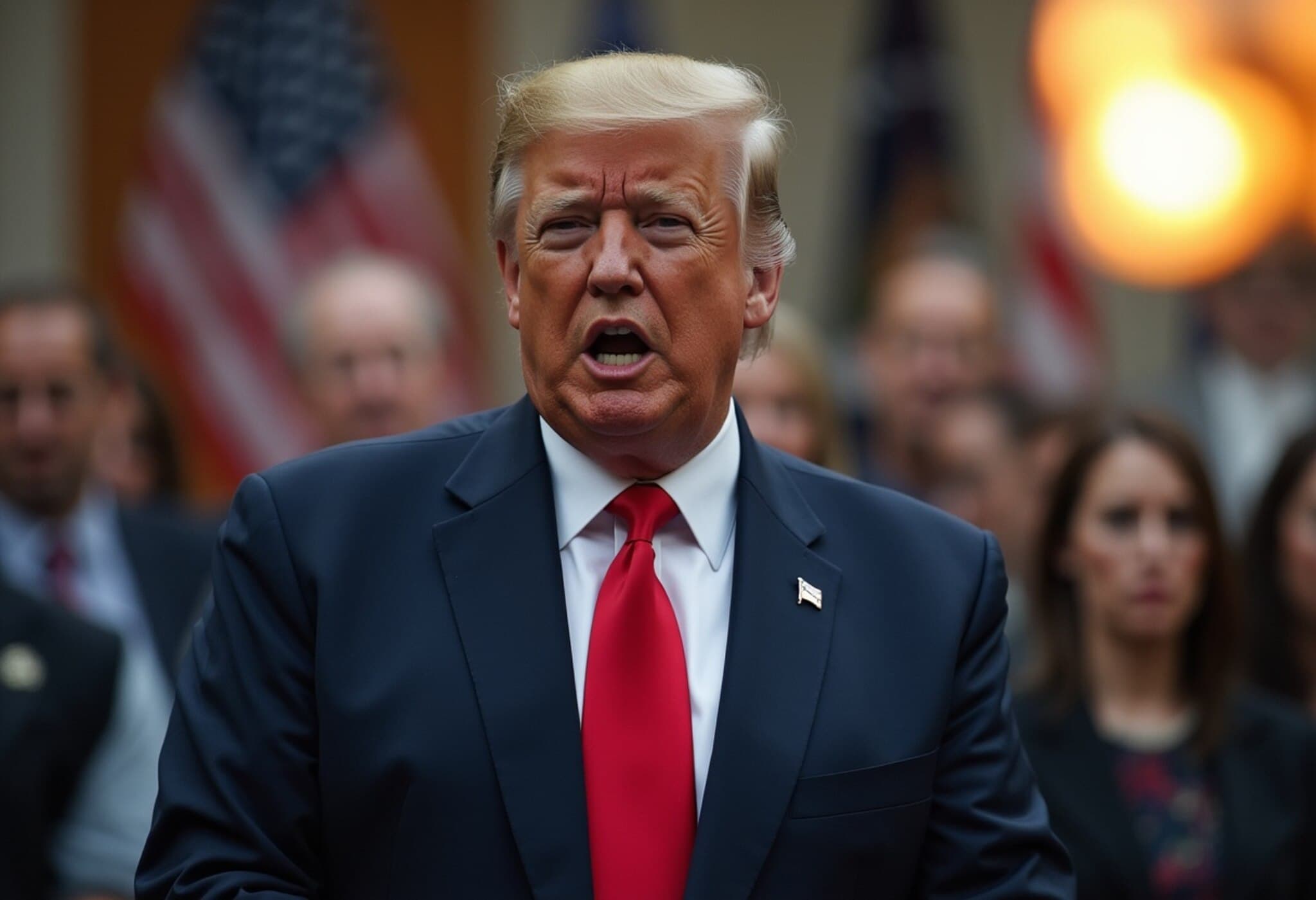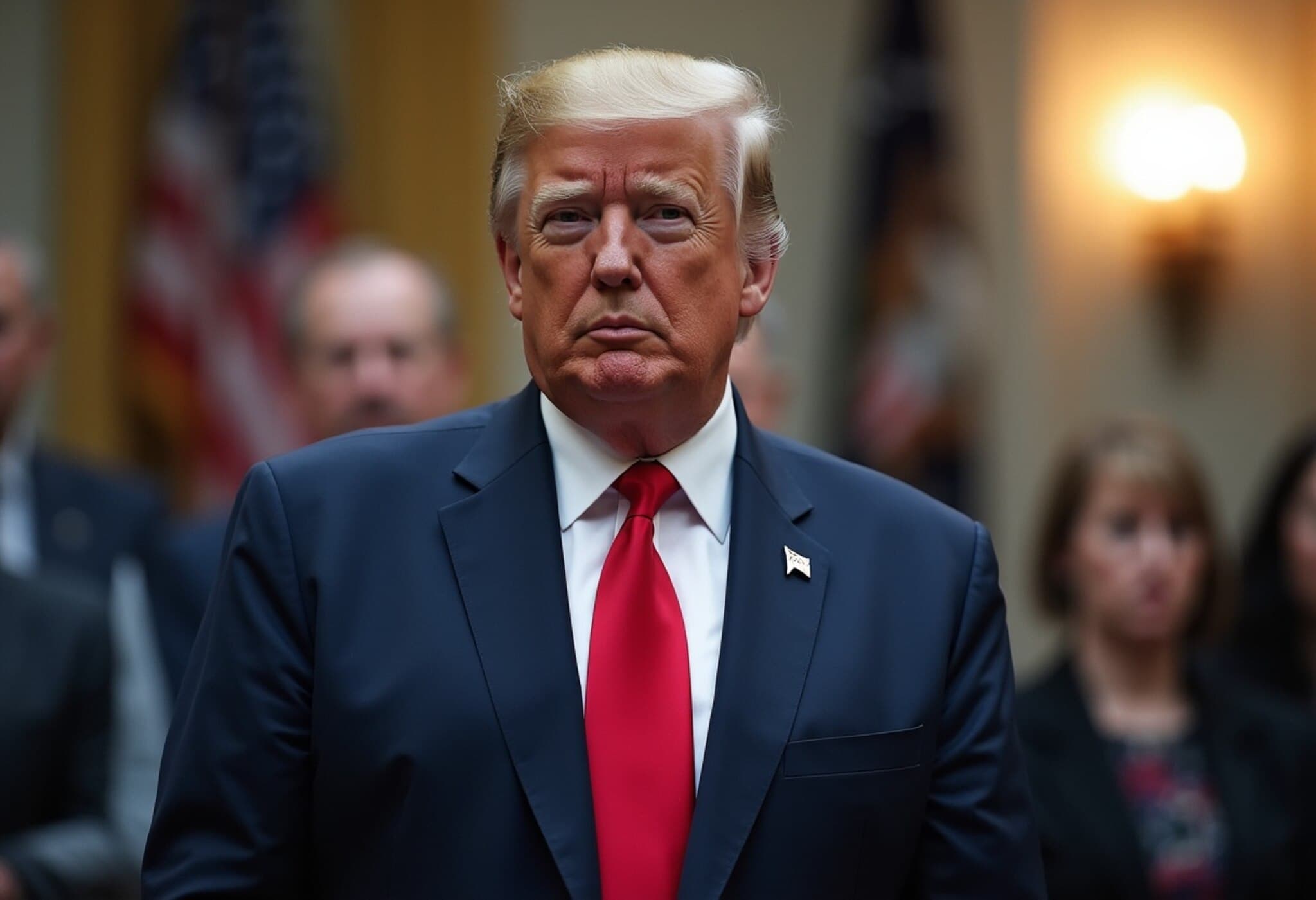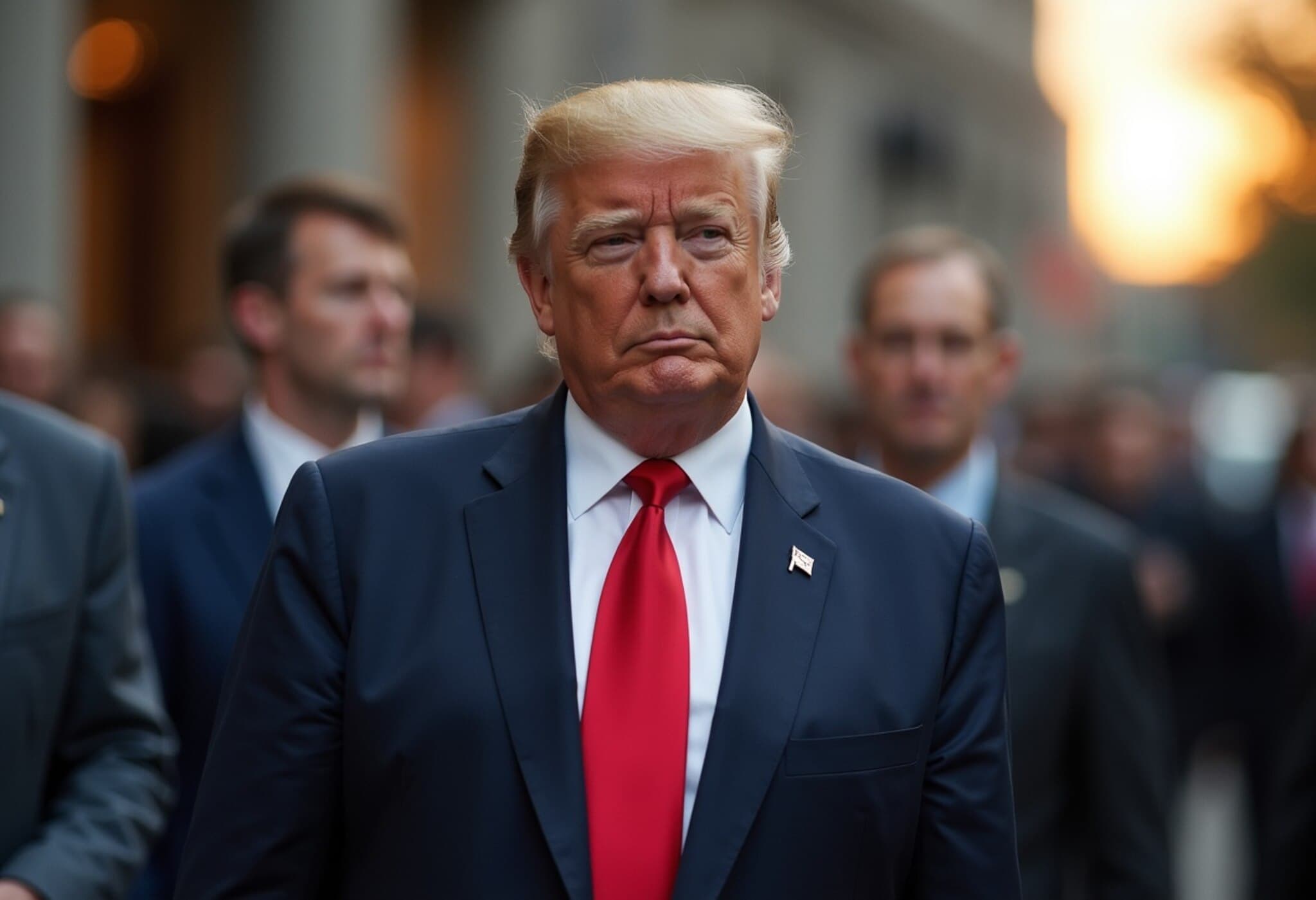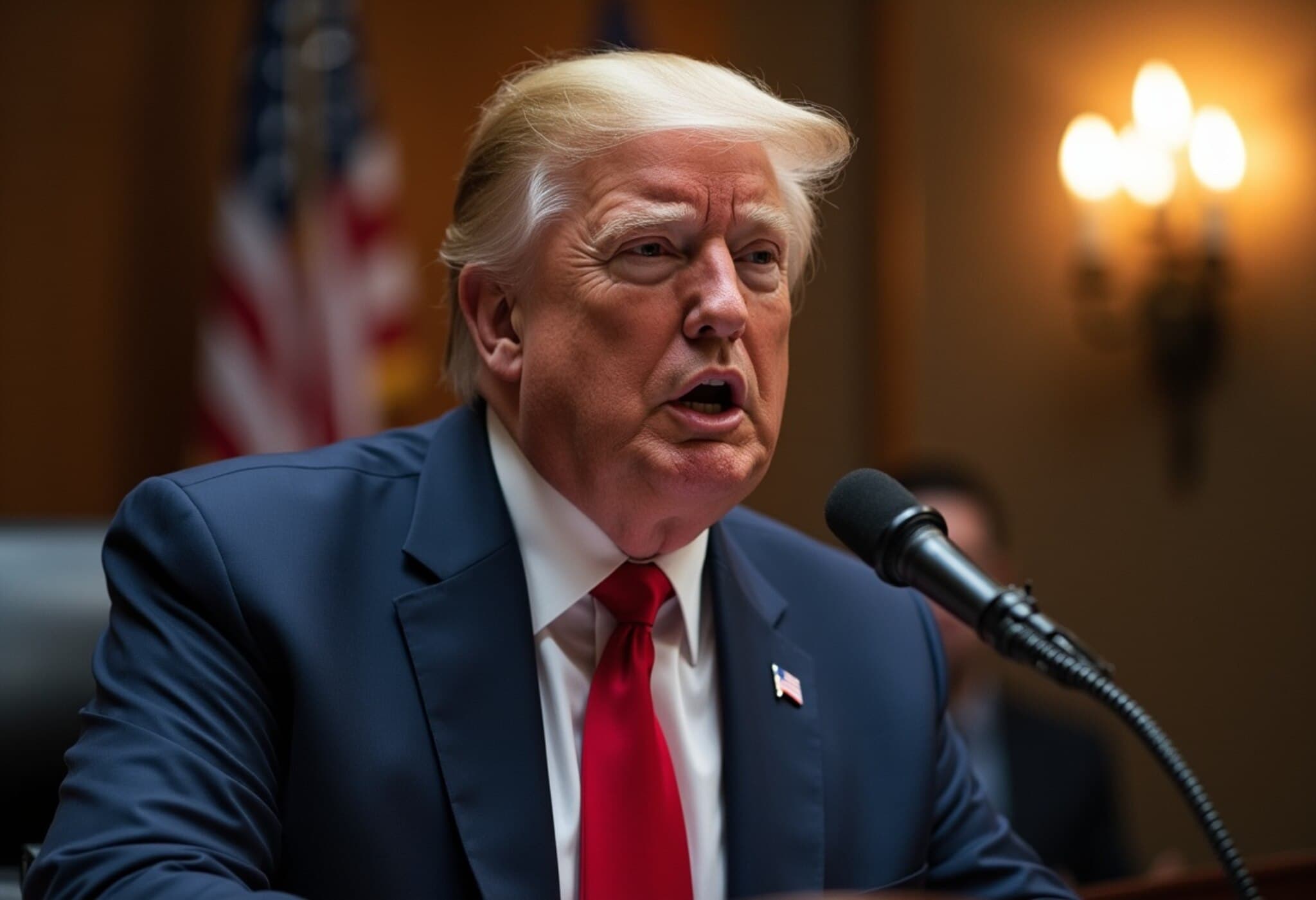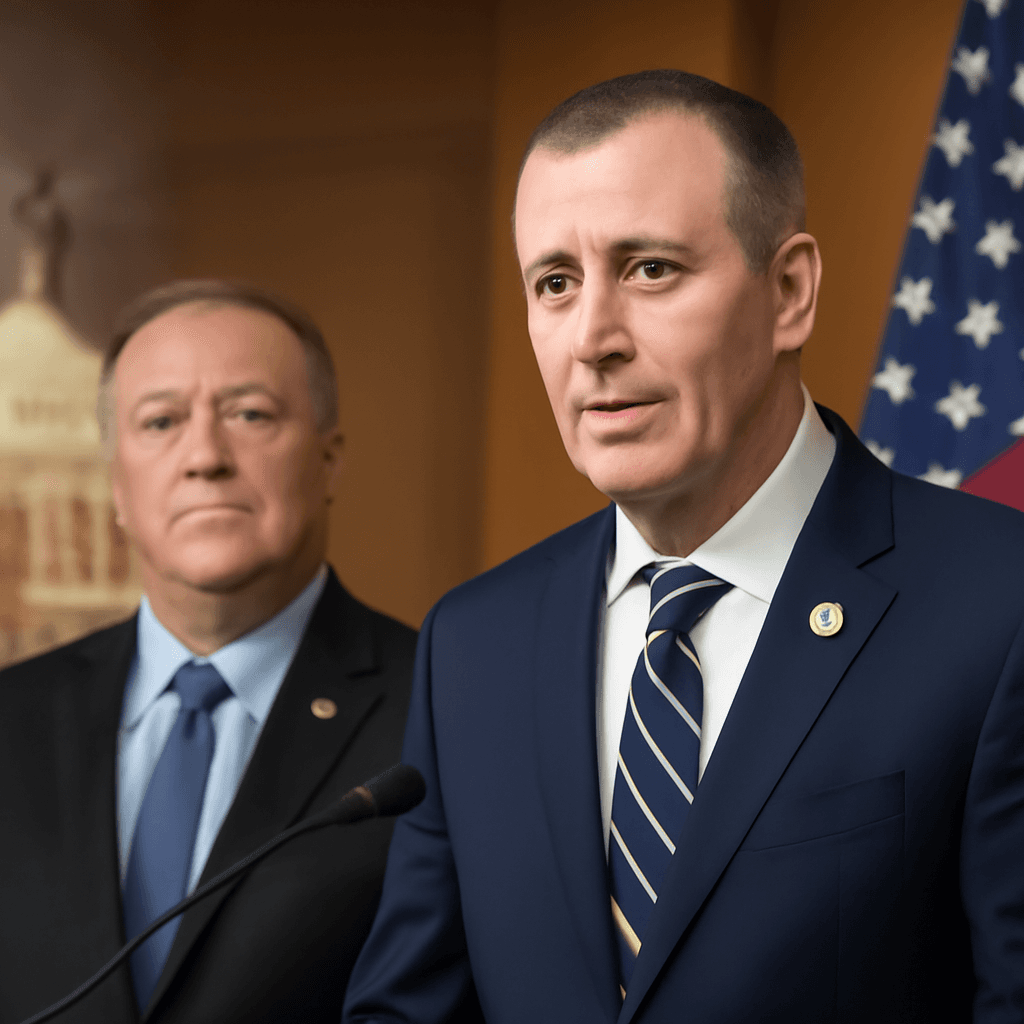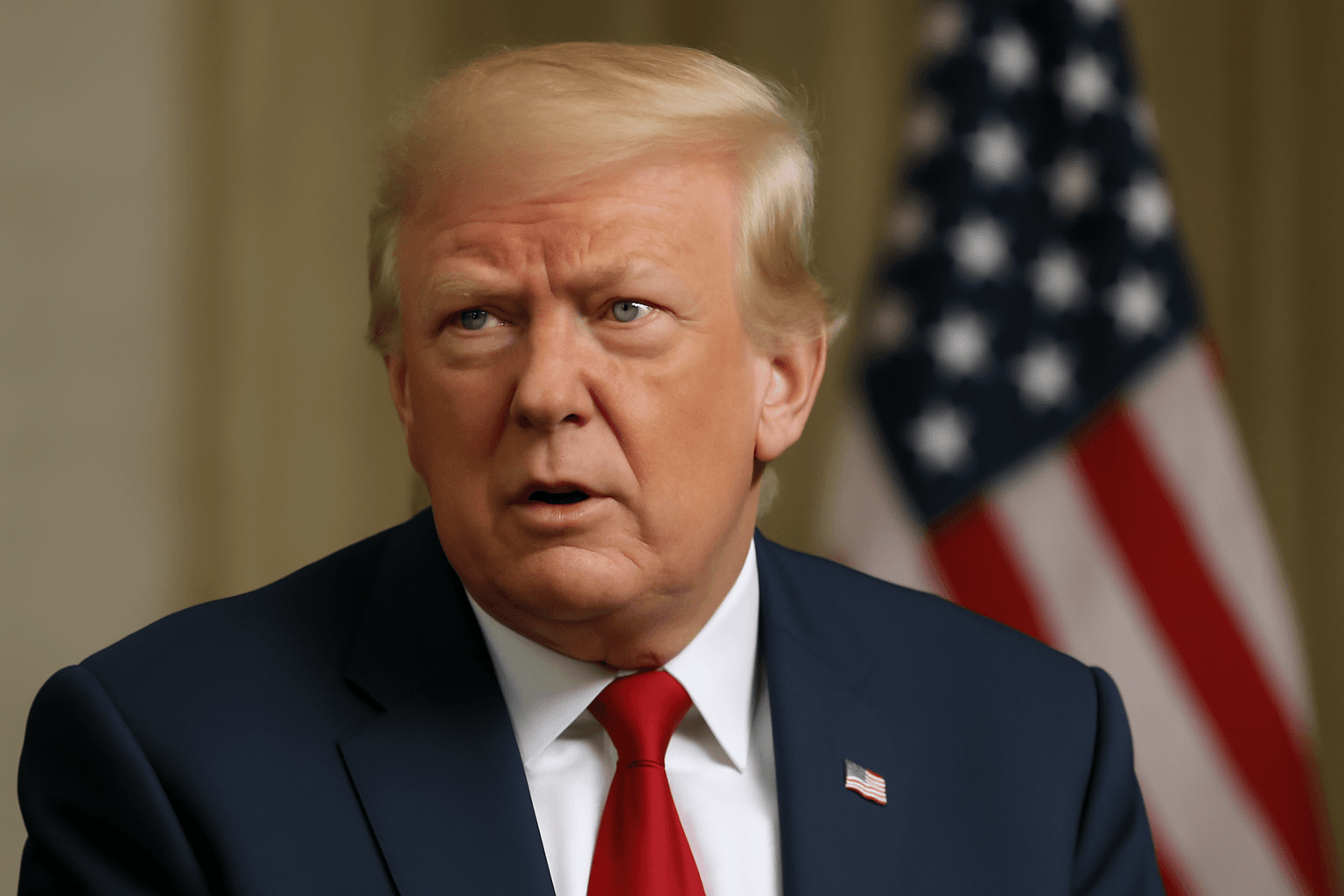Congressional Crypto Regulation Faces Renewed Deadlock
Lawmakers in the U.S. Congress experienced a second consecutive day of setbacks as efforts to pass a suite of cryptocurrency regulatory bills faltered due to intensifying Republican infighting. This legislative impasse puts in question the timeline and substance of crypto regulation, a topic that has garnered bipartisan attention but remains deeply divisive within GOP ranks.
The High Stakes of the Crypto Bills
The stalled legislation includes three critical bills that collectively aim to clarify oversight rules around digital assets. Among them are the Clarifying Law Around Insurance of Tokens Yielding (CLARITY) Act, a Senate-approved bill, and two others still under consideration in the House. One of these seeks to ban the Federal Reserve from creating a central bank digital currency (CBDC), reflecting conservative concerns about federal overreach.
Republican Rift Drives Legislative Standstill
Despite broad support across many policymakers, Republican divisions have thwarted House Speaker Mike Johnson’s efforts to push the bills forward. The Speaker’s margin for dissent within his own party is razor-thin — he can afford to lose no more than three GOP votes if the bills are to pass on a party-line basis.
On Tuesday evening, former President Donald Trump attempted to consolidate support by meeting with about a dozen conservative holdouts in the Oval Office. Following the meeting, Trump asserted that all had agreed to back the legislation. However, this pledge proved overly optimistic. By Wednesday, multiple Republicans, including several bill authors on key financial committees, opposed recent last-minute amendments designed to satisfy conservative skeptics.
Committee Members Push Back on Last-Minute Changes
Some opposition emanates not from fringe factions but from lawmakers involved directly in crafting the crypto bills. Members of the House Financial Services Committee objected to leadership’s attempts to merge two pieces of legislation, arguing that the alterations could dilute key provisions or complicate regulatory clarity.
What This Means for Crypto Policy and Industry
The crypto landscape in the U.S. has been awaiting comprehensive regulatory guidance for years. Industry stakeholders and investors see impending legislation as pivotal for providing legal certainty and fostering innovation. The current impasse threatens to delay such clarity further, raising questions about whether meaningful progress can be made during this Congress session.
Moreover, the clash underscores broader tensions within the GOP between ideological purists wary of federal power and pragmatic legislators seeking to engage with rapidly evolving technologies.
Alternative Strategies and Next Steps
Recognizing this deadlock, Republican leadership is reportedly exploring alternative routes to advance their agenda — including attaching the contentious CBDC ban to unrelated, must-pass legislation. Such maneuvers, while common in legislative strategy, may complicate the bills’ prospects and could draw criticism for bypassing thorough debate.
Negotiations continue behind closed doors, but as of late Wednesday, crypto advocates face a sobering setback in Washington.
Expert Insight: Navigating a Complex Regulatory Landscape
From a policy perspective, this episode highlights the intricate balance lawmakers must strike between promoting innovation and safeguarding financial stability. Analysts emphasize that without clear, bipartisan rules, the U.S. risks falling behind other countries more decisively embracing digital currencies.
Additionally, the internal GOP discord reflects a larger question about the party’s approach to emerging technologies and regulatory oversight, raising critical thought about how ideological divisions impact pragmatic governance.
Summary and Editorial Perspective
- Key obstacle: Republican infighting over last-minute changes stalls crypto bills.
- Trump’s role: His efforts to unify conservatives fell short, highlighting limits of his influence.
- Industry impact: Delay risks regulatory uncertainty for innovating crypto firms.
- Next steps: Leadership considers attaching provisions to unrelated legislation to advance agenda.
Editor's Note:
This unfolding story encapsulates the complexities of legislating in a polarized Congress about a fast-moving, technologically complex sector. As lawmakers wrestle with competing visions for crypto’s future, the stakes extend far beyond party politics — touching on America’s global financial leadership and the protection of consumers in an increasingly digital economy. Readers should watch for further developments, especially regarding whether bipartisan compromise is achievable or if the impasse signals deeper ideological divides on tech governance.

